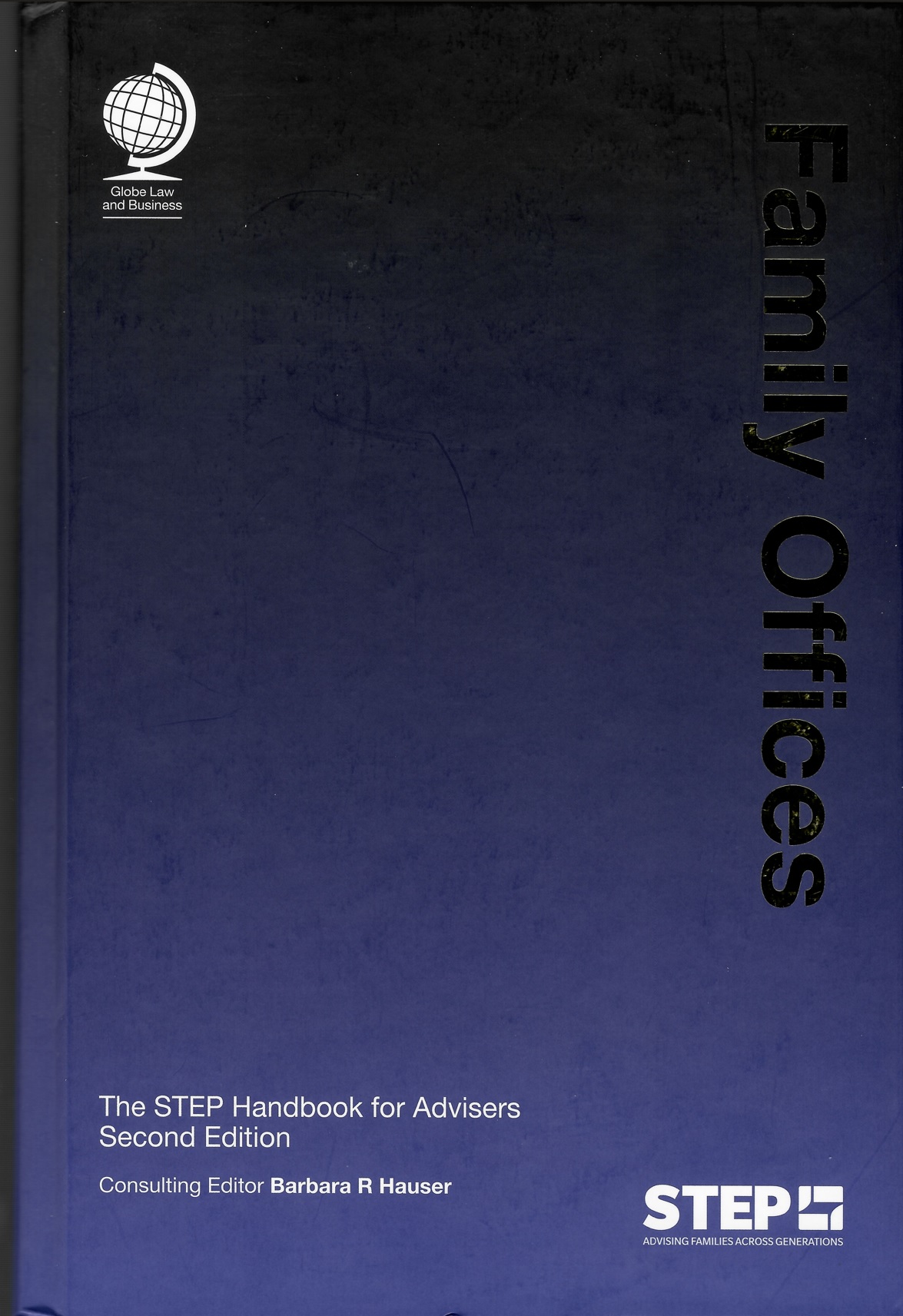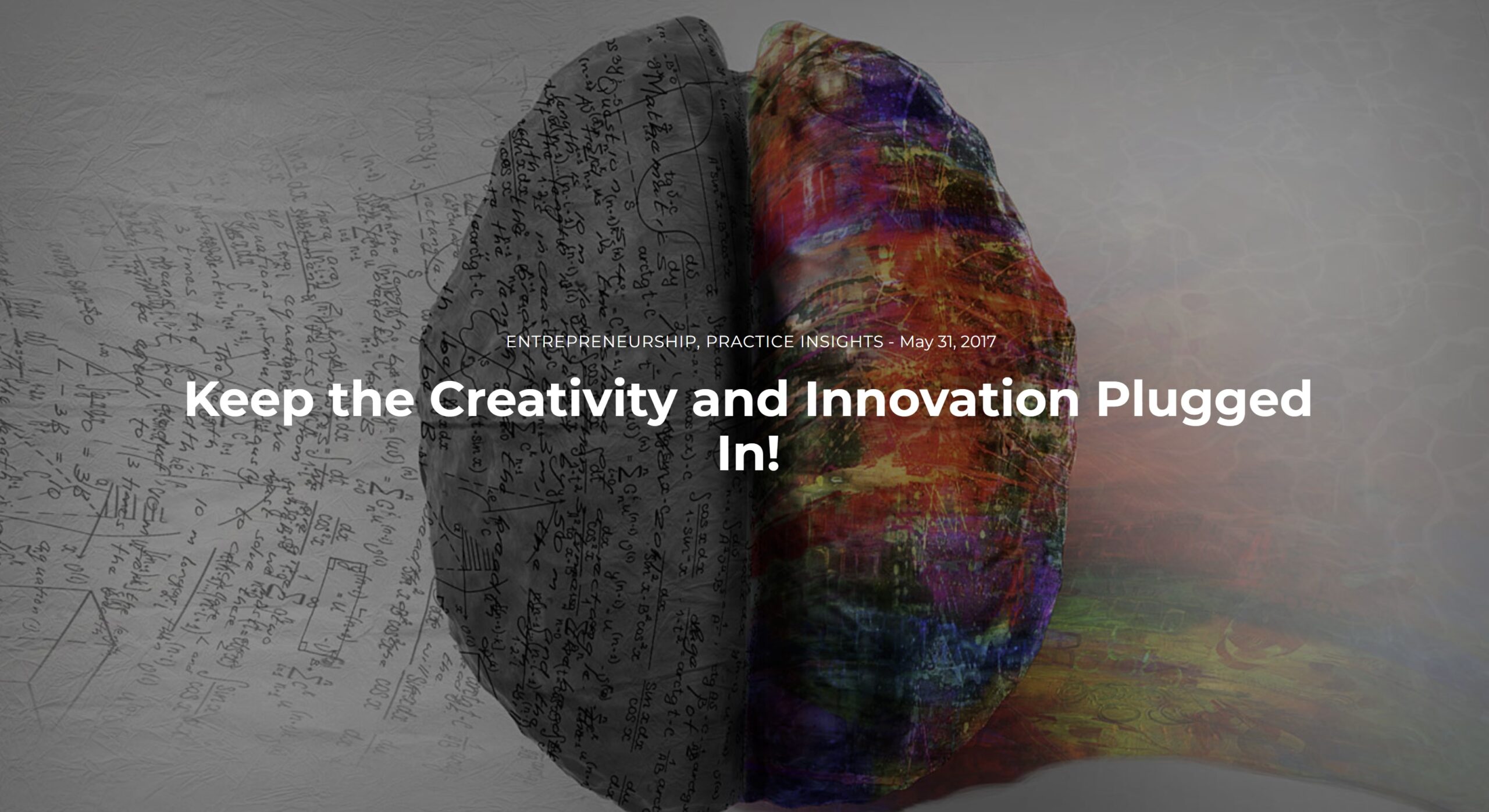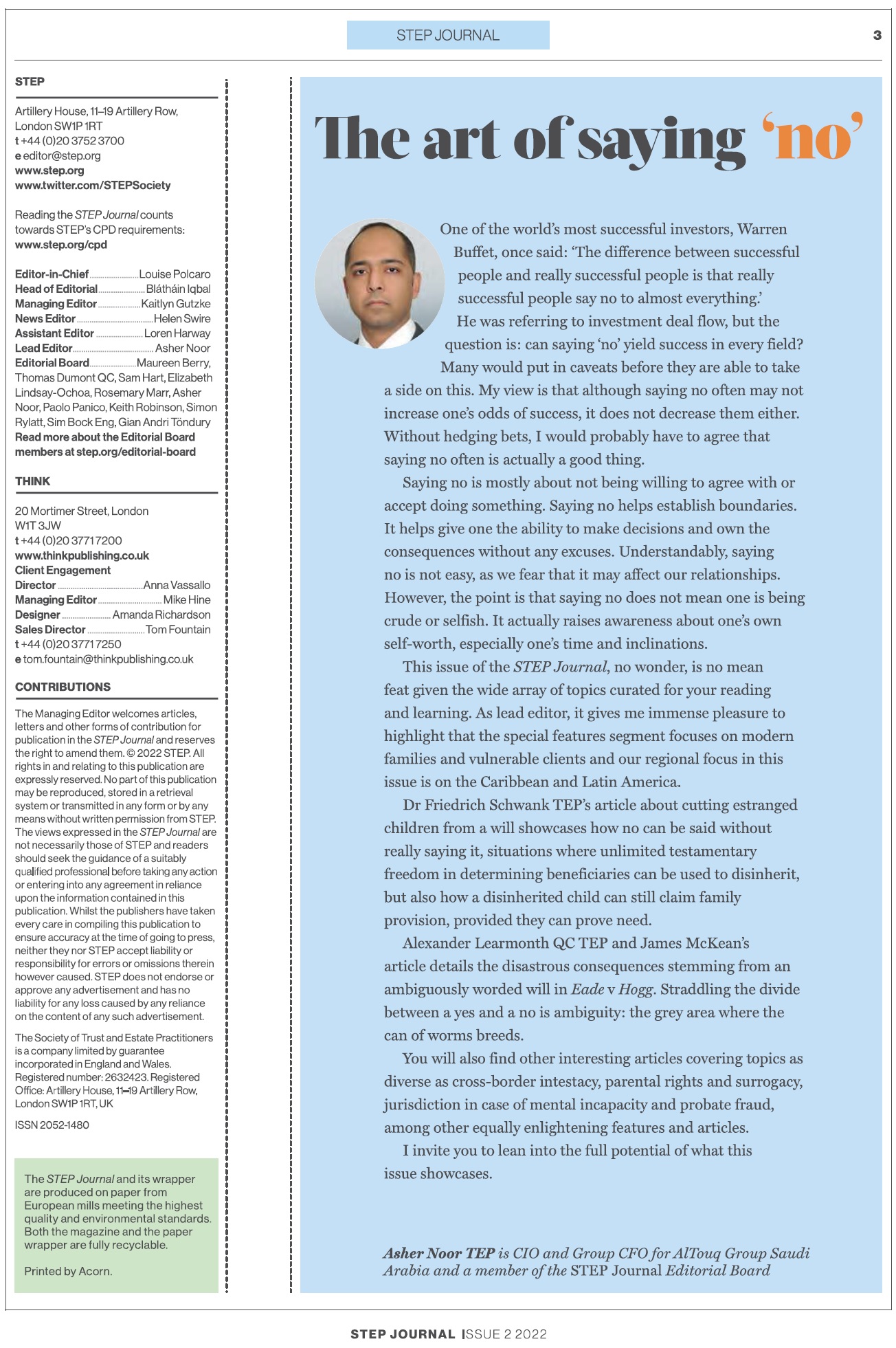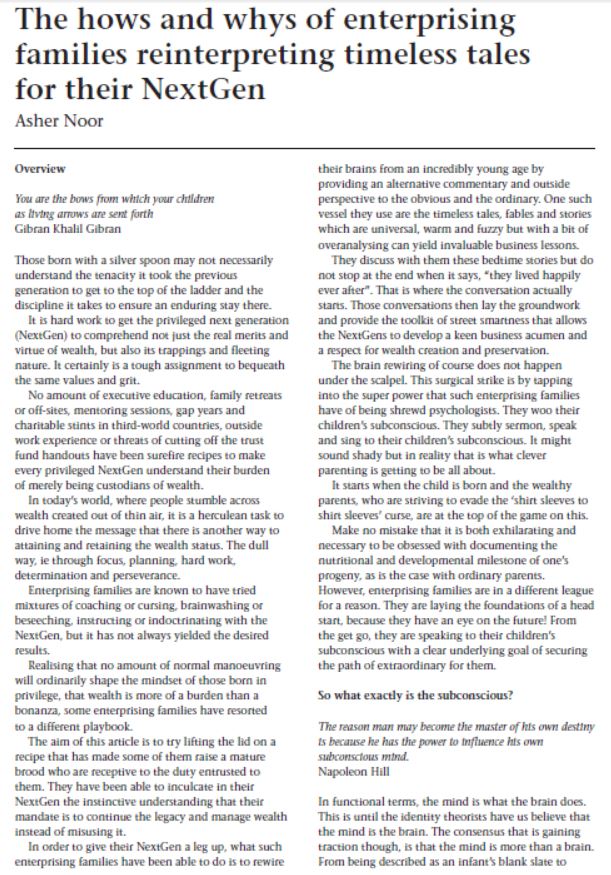- Gulf States – Overview
What constitutes Middle-East is a question that has an answer as elusive as the peace that it seeks.
When the term was coined, some 170 odd years ago, it referred to the area between Arabia and the pre-partition India. In today’s world, it usually refers to the Arab countries but depending on who you speak to, Egypt, Iran, Israel, and Turkey and not to forget North Africa sometimes also get the honors to join the simmering cauldron. What is largely agreed though, is that Middle-East is a transcontinental region straddling Western Asia, and a bit of Europe (courtesy Turkey) and a bit of North Africa (courtesy Egypt).
Some 40 odd years ago though, the GCC was born. It is the Cooperation Council for the Arab States of the Gulf. Prior to this mouthful, it was simply known as Gulf Cooperation Council and it is quite clear who is in it and who is not, although in recent times noises have been made as to who is welcome and who is not as well. GCC remains a political and economic union of all Arab states in the Persian Gulf, except Iraq. The member states are Kingdom of Saudi Arabia, United Arab Emirates, Qatar, Oman, Kuwait and Bahrain. For the sake of simplicity, when we use the term Gulf States in this chapter, we refer only to these member states.
Quite a few common themes flood the Gulf States. From government aspect, they are all the same – monarchies, albeit variants thereof. From language aspect, Arabic permeates borders. From religion aspect, Islam is the bond. From cuisine aspect, hummus is ubiquitous. From dressing style, the thobe is all over although subtle variants distinguish nationalistic divergences. From currency aspect, there is not much of a forex variation and a peg to USD has been tried and tested by all Gulf States and still prevalent in hard or soft form. Needless to say, oil remains the main stay for most of these Gulf States, although tourism has been encouraged in recent times to diversify away from oil-based revenue inflows.
In the Gulf States, businesses are not very old. Barring Kingdom of Saudi Arabia which was created in 1932, the other Gulf States secured independence merely ballpark half a century ago. Therefore businesses are either well entrenched in G1 or at best moving or moved to G2. The transition from G1 to G2 is the obvious and most significant one in play right now but it’s still early days and a lot of hits and misses, misunderstanding and misconceptions, suitcase bankers shuttling around and a bit of taking stabs in the dark going on with civil law or Shariah law or common law structures possibly ill-suited for the region.
With lack of accurate statistics from credible regional sources, depending on which publication you pick up to read, you will find assertions stating that 70% to 95% of the businesses are family businesses, family run or family controlled. None would be wrong with their percentages since it’s clearly, heavily skewed towards the majority being likewise.
- Some unique characteristics at Gulf States family offices
We take the liberty now to highlight a few characteristics unique to the Gulf States family offices from investment, hiring, financials and portfolio perspective etc.
- The Investment Portfolio
Business families in the Gulf States may have ordinarily made their initial wealth via government contracts in construction, retail, trading, distributorships or oil. However all of that can be classed as operating businesses. Once the transition to the family office is made and a Hold Co is in place and the investment portfolio is considered more as financial assets, there are two things which are possibly the staple diet of any Gulf State family office portfolio. Firstly, exposure to the local stock exchange and secondly, real estate. Real estate could also very well include an incredibly large number of land parcels yielding nothing. The party has come to an end with such tracts of land being acceptable collateral. In the past they had been collateralized with banks until a time came when central banks realized that the so called collaterals was largely “sand in the desert”.
Direct investment is the favored approach although international private equity firms have been able to tap into the family office segment in the Gulf States for quite some time now. Co-investment rights is something that families in the region really have an affinity for. Regional yields are usually slightly more than what can be secured internationally. Most Gulf States family offices are also okay with the lower yields coupled with better legal framework as their comfort blanket, in international markets. Private equity in the region is in its infancy as family businesses prefer commercial loans and not private equity money. Also, other than emotional affinity to businesses which could be the case anywhere in the world, in Gulf States the valuation is usually exaggerated in the minds of the principals. Gulf States family offices are proving to be the most attractive investor base in seed stage or Series A or B stage offerings in the nascent venture and startup culture in the region.
- The Key Hires
Once a family office structure is agreed as the way forward by the family; either due to arriving at such a conclusion thanks to their own due diligence or on the advice of a family business advisor, the first key hire is usually a CFO. But the definition of a CFO and the job description is not what you would ordinarily associate with a CFO title where IFRS, US GAAP, Taxation and number crunching readily comes to mind. This is interesting because in their family operating businesses a CFO is perceived as more of an accountant but when hiring at the family office level, the key requirement is to find a confidante, who has emotional maturity and is not looking for the job, merely as a stepping stone to another career elsewhere. Technical skillset is key but is more or less assumed as stating the obvious. Referrals work best in such hires as such positions are usually not publicly advertised. Previous background is financial services arena is usually sought after. In the Gulf States family offices, what has usually emerged is that there is a higher concentration of nationalities from the region such as Jordan and Lebanon where Arabic expertise is crucial. In Gulf States family offices, where Arabic is not compulsory, nationals from Pakistan and to a lesser extent India, rule the roost. These individuals then are able to serve for decades, if not more. Western nationals have yet to make a sustained mark because they are perceived as unlikely to commit to the region or the family for the long haul. The next key hire in the family office realm in the Gulf States is the Chief Investment Officer (CIO) with a mandate to manage the financial / investment portfolio of the family. Increasingly, as they get more sophisticated, the Gulf States family offices are weaning away from the global private banking and wealth management model. They are keen to develop in-house due diligence and investment and portfolio management capabilities.
- Philanthropy
At present it is mostly about adhoc donations which could be person or institution specific and not very institutionalized. Most well to do families have created a waqf. It is like an endowment, usually for educational, religious or other charitable cases. It is typically originated by donating real estate or other return yielding assets into a charitable trust type of structure, for perpetuity and with no intention of reclaiming the endowed assets. Additionally, families in the Gulf States are slowly and gradually waking up to understanding what impact philanthropy can yield. However there is limited awareness and understanding on measurement of impact against key indicators. A handful of Gulf State families have however institutionalized the philanthropic efforts by way of foundations with clear percentage of profits from family businesses being channelled there and focused on either job creation, skills developments, home-based job programs or interest-free loans. This is expected to lead the way for many others. Media coverage is however not eagerly solicited or encouraged.
- Zakat
It is one of the compulsory tenants of Islam. What it entails, is that any Muslim who owns wealth over a defined wealth threshold should donate a portion of their wealth annually to those who are eligible. The percentage is 2.5% but the Islamic calendar is lunar based and thus 10 to 12 days shorter than the solar Gregorian calendar. The percentage from a Gregorian aspect would be around 2.58% per annum. Individuals pay Zakat on their wealth and have full flexibility to who they pay it to, although there exists criteria as to who could be eligible for Zakat. Individuals typically use Ramadan, the 9th month of the Islamic year to pay their annual Zakat although it can be paid anytime of the year. Corporate Zakat is a percentage of the company’s net worth. Corporate Zakat is however restricted to businesses or shares in businesses owned by Saudi or GCC national. Kuwait has a slightly different treatment where businesses are required to pay 1% of their profits as Zakat. It could also be a contribution to the state budget. Some other Gulf States are mulling something on those lines as well. Most individuals also forego any interest on their banking deposits, giving an incredibly cheap cost of capital to banks in the region.
The above is an excerpt from the chapter that Asher Noor co-wrote with Barbara Hauser.
The full chapter, co-written by Asher Noor with Barbara Hauser, was first published by Globe Law & Business in the book “Family Offices: The STEP Handbook for Advisers, Second Edition” and is available for purchase. The Third edition of the book, release date is September 2023.




